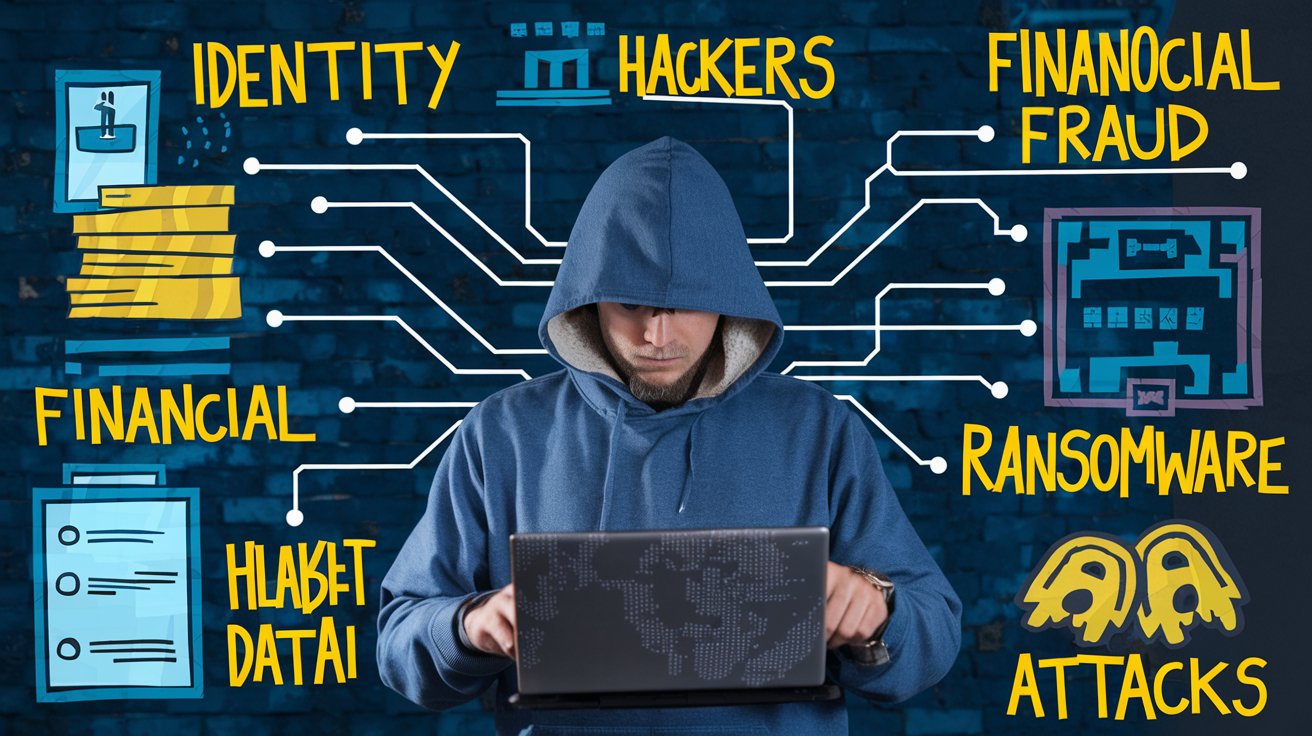Why Hackers Target Your Personal Information and How to Stop them is a question that concerns everyone in today’s digital age. Whether it’s financial data, social security numbers, or login credentials, cybercriminals are constantly finding new ways to exploit personal information for their gain. With the rapid rise in cyber threats, understanding the motivations behind these attacks and learning how to prevent them is more important than ever. This blog post will break down the most common reasons hackers target personal information and provide actionable tips to help you safeguard your sensitive data. By the end of this guide, you’ll have a clear understanding of how to protect yourself online and reduce the risk of falling victim to cyber threats.
Table of Contents
1. Why Do Hackers Target Personal Information?
- Financial Gain: Hackers often steal personal information such as credit card details, bank account numbers, and social security numbers to commit fraud and financial theft.
- Identity Theft: Cybercriminals use stolen information to impersonate individuals, opening fraudulent accounts, and making unauthorized purchases.
- Data for Sale: Personal data is highly valuable on the dark web, where cybercriminals trade or sell information to the highest bidder.
- Blackmail and Ransomware Attacks: Hackers may use sensitive data to blackmail individuals or launch ransomware attacks demanding payment.
- Corporate Espionage: Attackers may target employees to access corporate data and trade secrets.
2. How Hackers Gain Access to Your Personal Information
- Phishing Attacks: Fraudulent emails and messages trick individuals into revealing sensitive information.
- Data Breaches: Large-scale attacks on companies compromise millions of personal records.
- Weak Passwords: Easy-to-guess passwords make accounts vulnerable to brute force attacks.
- Unsecured Wi-Fi Networks: Public networks can be exploited to intercept user data.
- Social Engineering: Manipulating individuals into disclosing confidential information.
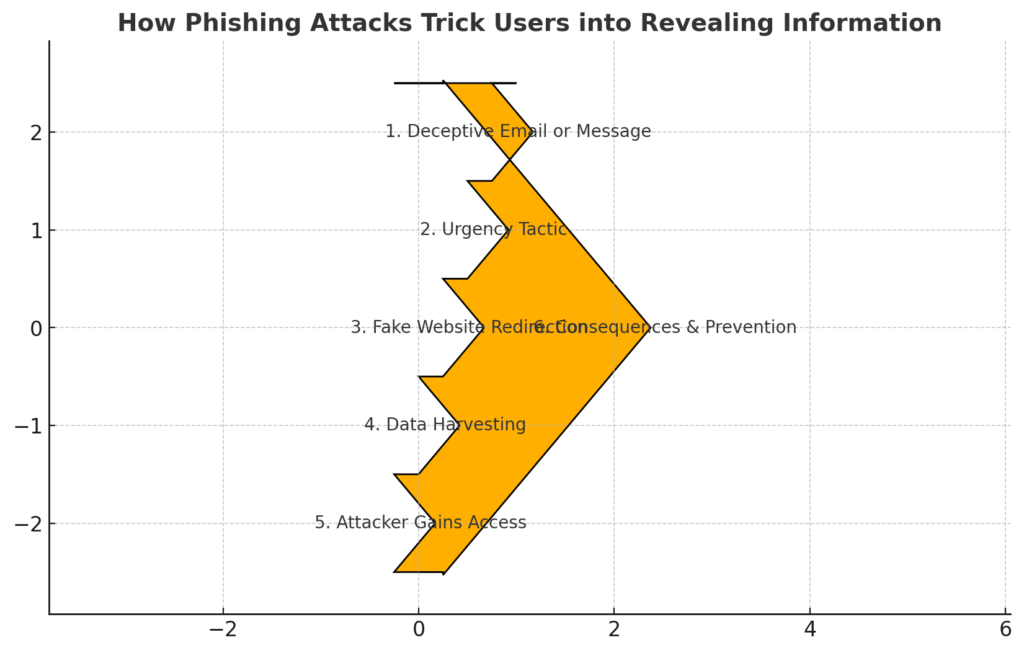
3. How to Protect Your Personal Information from Hackers
- Use Strong Passwords and Multi-Factor Authentication (MFA):
- Create complex passwords using a mix of letters, numbers, and special characters.
- Enable MFA for added security.
- Stay Vigilant Against Phishing Scams:
- Never click on suspicious links in emails.
- Verify the source before sharing sensitive information.
- Regularly Update Software and Devices:
- Keep your operating system and applications updated to patch vulnerabilities.
- Use Encrypted Connections:
- Always browse using HTTPS and avoid public Wi-Fi for sensitive transactions.
- Monitor Your Accounts:
- Regularly check your bank and credit card statements for suspicious activity.
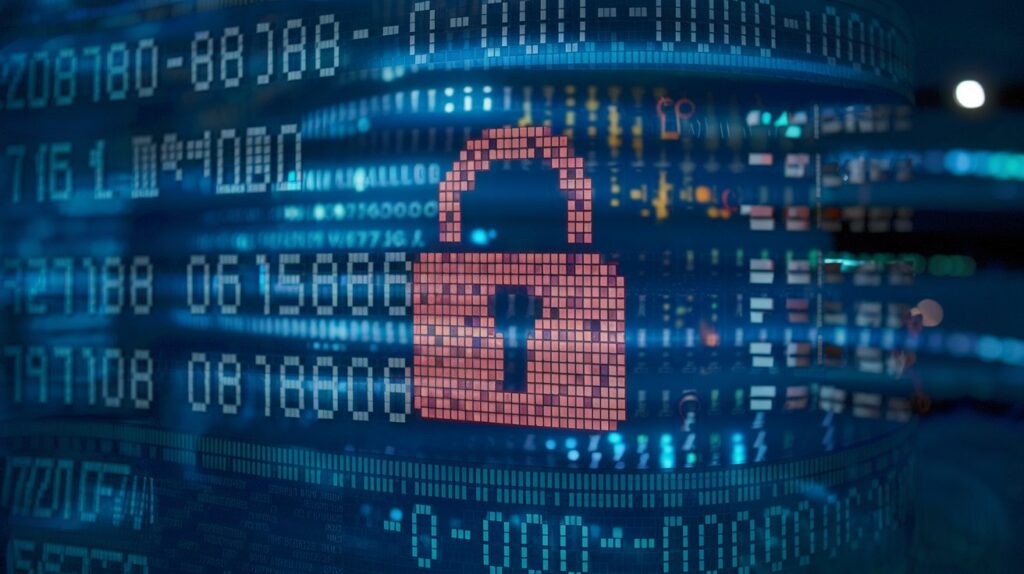
4. Why Hackers Target Your Personal Information and How to Stop Them; Common Signs That Your Personal Information Has Been Compromised
- Unexpected charges on financial accounts.
- Unauthorized logins to your accounts.
- Receiving security alerts or password reset emails.
- Accounts locked out without reason.
- Increased spam or phishing attempts in your inbox.
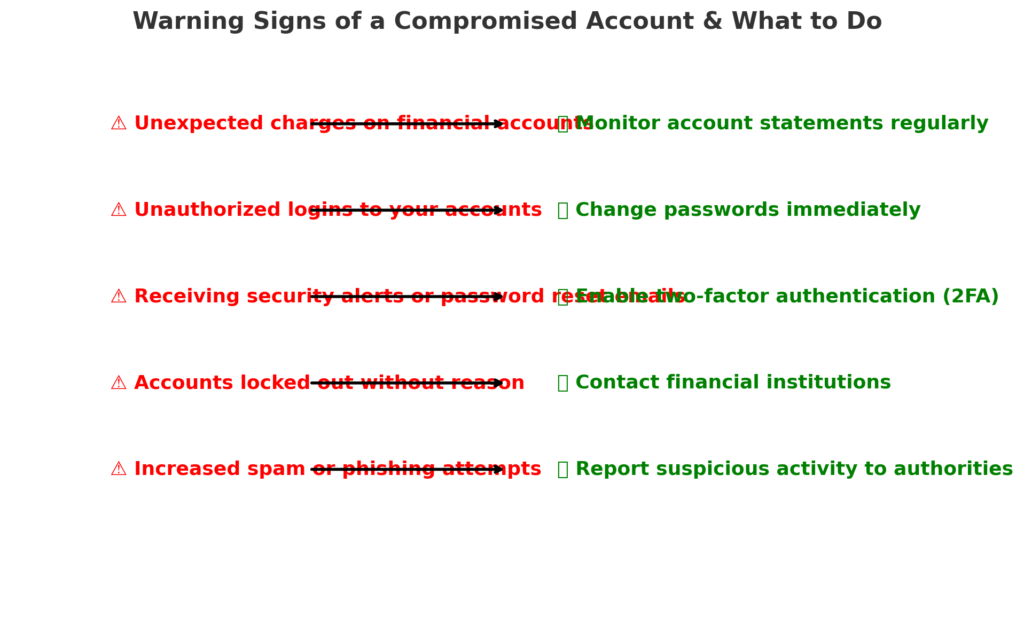
5. Steps to Take If You’ve Been Hacked
- Change All Passwords Immediately: Use unique passwords for each account.
- Enable Two-Factor Authentication: Add an extra layer of security.
- Contact Financial Institutions: Alert banks and credit card providers to prevent fraud.
- Monitor Your Credit Report: Look for any unauthorized inquiries or accounts.
- Report to Authorities: Notify relevant cybersecurity agencies if needed.
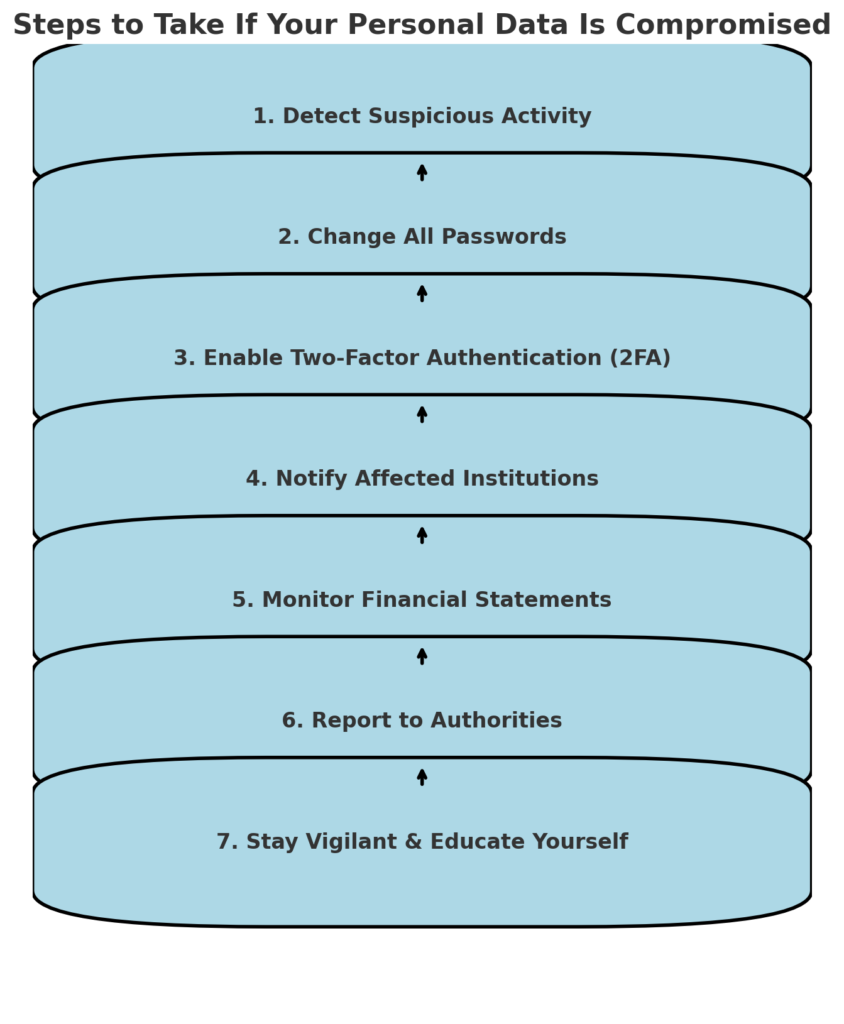
6. The Future of Cybersecurity: Staying One Step Ahead of Hackers
- Advancements in artificial intelligence for cybersecurity.
- The growing importance of cybersecurity awareness.
- The role of government regulations in protecting user data.
- Importance of personal responsibility in safeguarding information.
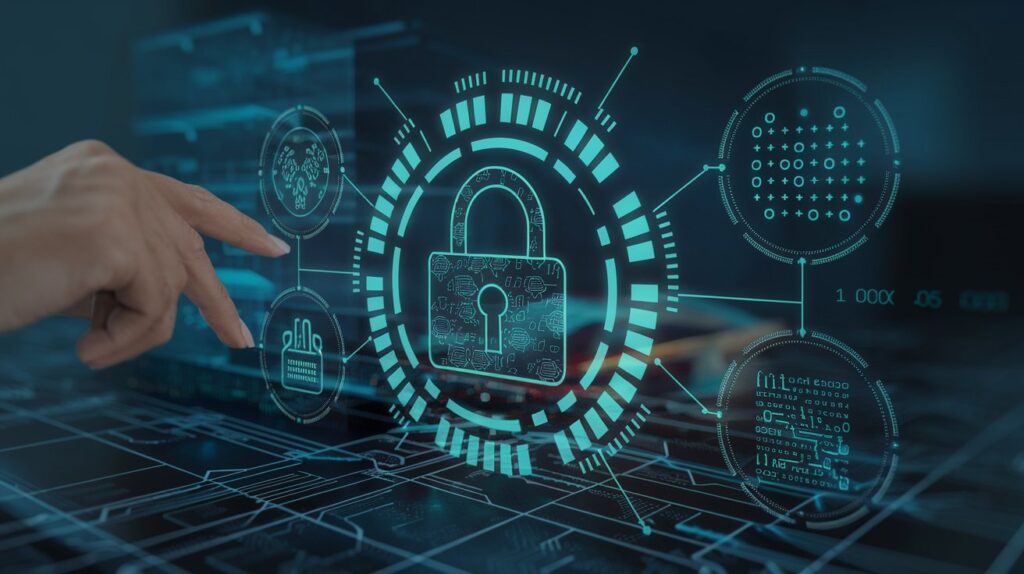
Conclusion: Stay Vigilant and Take Action to Protect Your Personal Information
Why Hackers Target Your Personal Information and How to Stop Them: Protecting your personal information from hackers is not a one-time task but an ongoing process that requires constant vigilance and proactive measures. Understanding why hackers target your personal information allows you to take effective steps to defend against cyber threats. By implementing strong passwords, staying alert for phishing scams, and regularly updating your devices, you can reduce your risk significantly. Remember, cybersecurity is everyone’s responsibility, and a small effort today can prevent a major breach tomorrow.
Take charge of your online security now—share this article with your friends and family and explore more resources to stay informed about the evolving cyber threat landscape. By staying educated and cautious, you can better protect your personal information from hackers and ensure a safer digital experience for yourself and your loved ones. [USnewsSphere.com]


